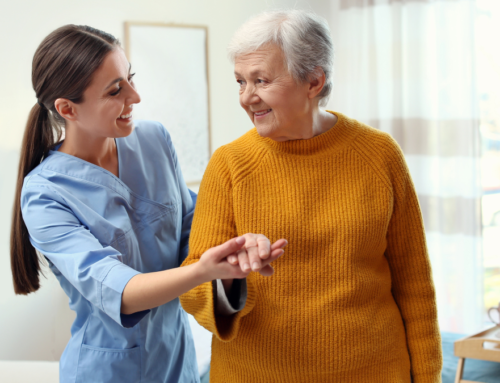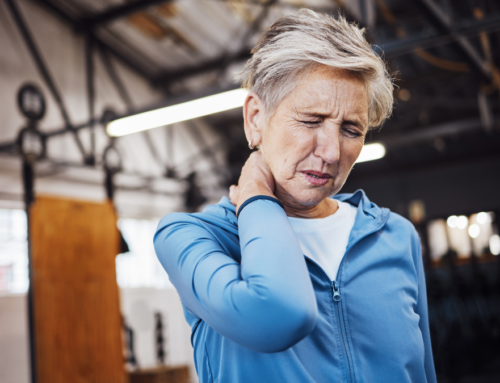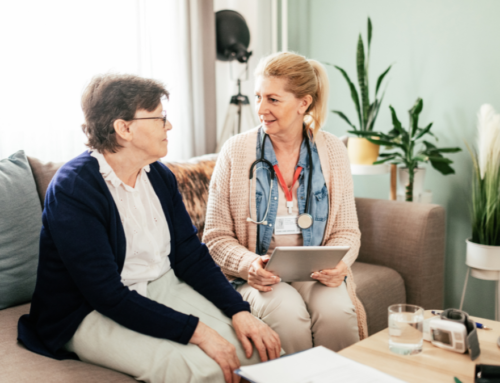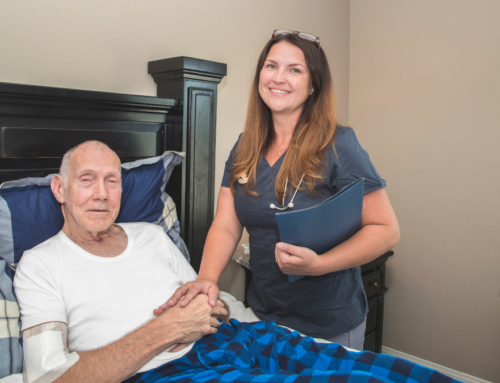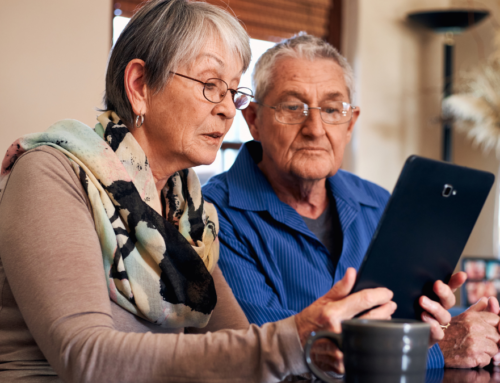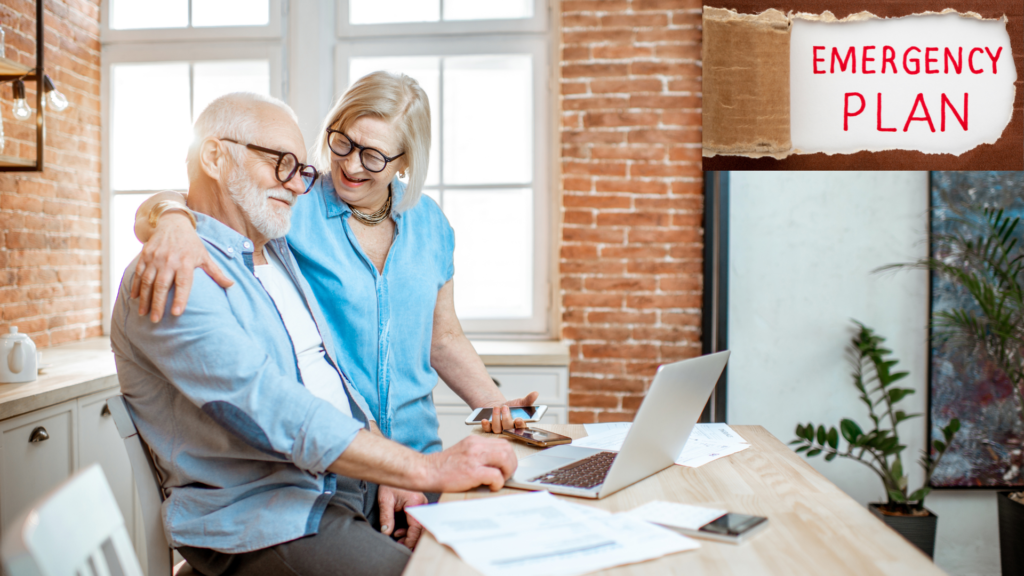
12 Ways to Prepare your Elderly Loved One for Emergencies
No one knows when an emergency will occur, but it’s important to be prepared for any situation. For seniors and the elderly, this means taking steps to ensure their safety in case of a sudden health issue or accident. There are several things you can do to help your loved one be ready for emergencies, and below we outline twelve that we consider to be some of the most important ones.
Make a list of emergency contact numbers and keep it handy
One of the most important things you can do for your elderly loved one is to create a list of emergency contact numbers and keep it handy. This should include the phone number for their doctor, as well as for family members and friends who can help in case of an emergency. Also, if something happens and your loved one can’t speak, there will at least be a list of numbers that a friend, neighbor, or emergency personnel can use to call for assistance.
Create a disaster preparedness plan
Another important step is creating a disaster preparedness plan. This should include information on what to do in case of a fire, tornado, hurricane, or other emergency situation. It’s also important to make sure your loved one knows where to go if they need to evacuate their home. Having a plan in place will help them stay calm and collected in a crisis.
Discuss what to do in an emergency with your loved one
It’s also important to talk to your loved one about what to do in an emergency. This includes discussing their health history and what medications they’re taking. If they have any allergies or other medical conditions, it’s important to make sure they know about them and how to handle them in an emergency. Talking through possible scenarios will help your loved one be prepared for anything that might happen. This information can also be added to the list of phone numbers.
Install safety features in their home
One of the best ways to help your elderly loved one prepare for emergencies is by installing safety features in their home. This could include things like smoke detectors, carbon monoxide detectors, and emergency exits. If there’s an accident or emergency, these safety features will help reduce the amount of damage done to their home and also keep them safe. There are also electronic options, like “panic buttons”, that can be installed to make it easy for them to call for help if they find themselves hurt or ill.
Create a plan for evacuation in case of a fire or natural disaster
If there is a fire or natural disaster, it’s important to have a plan in place for evacuation. This could mean having a meeting spot outside of the home or arranging for transportation to a safe location. If your loved one doesn’t live close to family or friends, you might need to make arrangements for them to stay with someone else until the emergency is over.
Stock up on essential supplies: food, water, and medication
It’s a good idea to stock up on supplies that could be needed during an emergency. This includes things like food, water, and medication. Be sure to have a supply of non-perishable foods as well, especially those things that do not need to be cooked or heated, in case the power is out for an extended period of time. If there is a power outage or another emergency situation, your loved one will be glad to have these supplies on hand.
Make a list of their medications and keep it up to date
It’s also important to keep a list of your loved one’s medications and make sure it’s up to date. This will help emergency responders know what medications they’re taking in case of an emergency. If there are any changes to their medication schedule, be sure to update the list.
Make sure your loved one knows how to use essential equipment like a walker or wheelchair
Some elderly loved ones might need assistance with basic activities like walking or moving around. If this is the case, make sure they know how to use essential equipment like a walker or wheelchair. This will help them get around safely in case of an emergency.
Label their wheelchair, walker, and other essential items
If your loved one uses a wheelchair or walker, it’s a good idea to label them with their name. This will help others know who they belong to in case of an emergency. You can also do the same for other essential items like eyeglasses or hearing aids. This will help keep them from getting lost or misplaced in a crisis.
Encourage them to wear a medical ID bracelet or necklace
If your loved one has any health conditions, it’s a good idea to encourage them to wear a medical ID bracelet or necklace. This will help emergency responders know about their condition and what treatments they might need. It’s also a good idea to keep a list of their health conditions with you in case of an emergency.
Consider enrolling them in a support group or class
If your loved one is dealing with a difficult situation, like the loss of a spouse or a serious illness, it might be helpful for them to enroll in a support group or class. This could provide them with additional resources during difficult times. It can also be a good way for them to meet other people who are going through the same or a similar thing.
Home care can provide additional support in emergencies
If your loved one needs more support than you can provide, consider hiring a home care provider. This could be someone who comes to their home to help with basic activities or someone who is available 24/7 in case of an emergency. Having a home care provider can provide peace of mind in case of an emergency.
Emergency situations can be frightening for anyone, but they can be especially scary for seniors and the elderly. By taking steps to prepare them for emergencies, you can help make sure they’re as safe as possible in case of a crisis. For more information on preparing your elderly loved one for emergencies, please contact us at (678) 494-8129 or email us at info@SilverCompanions.com. We’re happy to help!

